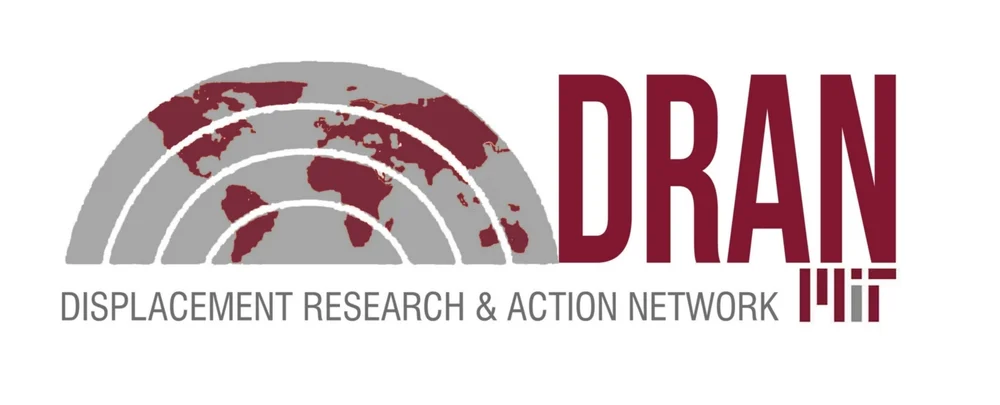An Interview with Prafulla Samantara: President of Lok Shakti Abhijan, Odisha Chapter
April 17th, 2015
This interview is third in a four-part series on the anti-displacement work being carried out by participants in the Displacement Research Action Network’s November 2014 conference, Global Convergences: Strategies Against Evictions and Displacement.
DRAN: What is at the heart of the displacement work you are doing right now?
Prafulla Samantara (PS): The chronic problem is state and corporate-induced displacement. In India, millions of people have been displaced since globalization picked up the 1990s. The development has been only for profit, not for the need of the people. That is why the people have had no say. Rather, they are victimized, and lose everything. They have displaced not only from the villages, but from agriculture, from forests, from water, from natural resources that supply their livelihoods. Indiscriminate mining is taking place because foreign capital goes to exploit the mineral resources for the global market to be turned into other goods. The mass production is at the cost of the people.
This is the crisis and that is why people do not accept this process of development. People want alternative development, where they can have sustainable livelihoods. That doesn’t take place. The jute, sugar, cotton, and food processing industries are all ways we could industrialize, but they are not given priority. Priority is given to the steel plants and power plants. That kind of industrialization destroys the ecology, destroys the resources, destroys the livelihoods of the people, and it goes to the world market. The common, marginalized people have no say even in the production. New poverty is created from this depletion of resources. This is a crisis in India. The displacement that takes place is not acceptable to the masses.
DRAN: What is the biggest obstacle? What needs to change?
PS: A nation like India is a sovereign democratic republic, but the people are not sovereign because the state has become a corporate police state. The state has selected corporations instead of people. The constitution says that the people are supreme, but the elected governments are controlled by the corporations. So we need people to change the systems. These people’s movements can create alternate possibilities for alternate development, by which we can have development from bottom to top, with decisions by the people, and a democratization of politics, democratization of development, and democratization of natural resource distribution.
Democratic institutions can be empowered to fulfill the needs of the people. Then we can challenge global capital. Global capital is the exploiter, with high technology, that goes digging for something, and makes crores of rupees that go to corporate hands, not those of the people. That is why it is necessary to democratize production, development, and decision making.
DRAN: What role can international partnerships play?
PS: Local people have the strength to have a voice and protest. The local issue is related to national policy decisions. There is a link between the local problem and national policy. So we are trying to have a national struggle by which the policy can be changed so local people can have a say. The policy must also be made to honor the local community. Collaboration across local struggles can create a national struggle, and this can influence national policy.
